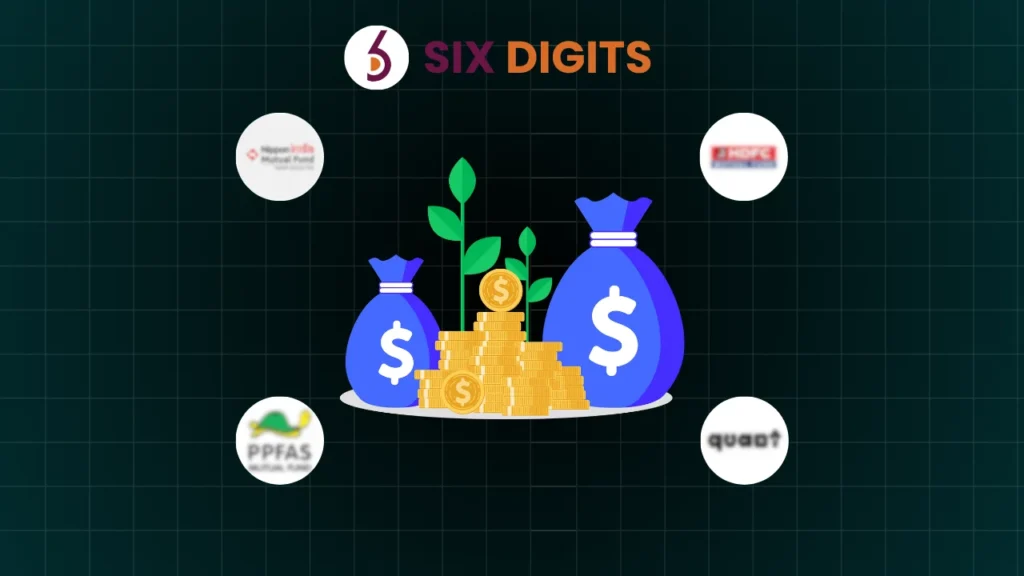Your credit score is not just a number; it represents your financial credibility. A strong credit score can provide a significant advantage, whether you want to start a business, secure a loan, or get better credit card terms. In this blog, we’ll explore how to improve your credit score, why it matters, and practical steps to improve it.
Understanding Credit Scores
A credit score is a three-digit number ranging from 300 to 900 that reflects your creditworthiness. Credit bureaus in India, such as CIBIL, calculate this score based on your repayment history, credit utilization, and overall financial discipline.
If you want to read more about what is a credit score, Read More.
Credit Score Ranges:
- 300-499: Poor
- 500-649: Fair
- 650-749: Good
- 750-900: Excellent
Lenders use this score to determine whether to approve loan or credit card applications. A high credit score can result in lower interest rates and better financial opportunities.
You can check your credit score on One Score.
Why a Good Credit Score Matters
A strong credit score offers numerous benefits, including:
- Easier access to loans for business or property investments.
- Better interest rates and favorable loan terms.
- Stronger financial credibility for future funding needs.
- Enhanced ability to attract investors or funding for entrepreneurial ventures.
How to Improve Your Credit Score
Follow these practical strategies to boost your credit score effectively:
1. Pay Your Bills on Time
Your payment history significantly impacts your credit score. Set reminders or automate payments to avoid missing deadlines, as even a single late payment can have a negative effect.
2. Keep Your Credit Utilization Low
Avoid maxing out your credit cards. Ideally, you should use less than 30% of your total credit limit. For instance, if your credit card limit is ₹50,000, aim to keep your usage below ₹15,000.
3. Limit New Credit Applications
Applying for multiple credit cards or loans within a short period can lower your score due to hard inquiries. Be strategic about your credit needs and apply only when necessary.
4. Maintain a Diverse Credit Mix
A healthy credit portfolio includes both secured loans (e.g., home or car loans) and unsecured credit (e.g., credit cards). Lenders prefer applicants with a balanced mix of credit types.
5. Regularly Review Your Credit Report
Errors in your credit report can lower your score. Periodically check your report for inaccuracies, such as incorrectly marked unpaid loans, and dispute any discrepancies immediately.
6. Request a Credit Limit Increase
If you have a good repayment history, consider requesting a higher credit limit. A larger credit limit lowers your credit utilization ratio, positively impacting your score.
7. Keep Older Credit Accounts Open
The length of your credit history matters. Even if you don’t use an older credit card frequently, keeping it active can help improve your score by increasing the average age of your credit accounts.
How Long Does It Take to Improve a Credit Score?
Improving a low credit score (below 550) can take 6 to 12 months of disciplined financial behavior. If your score is above 700, moderate improvements may be visible within three months.
















